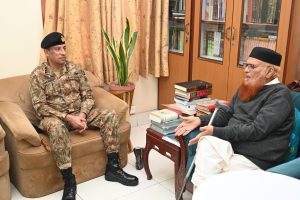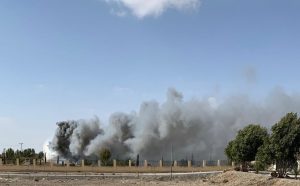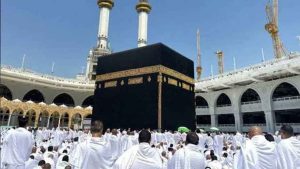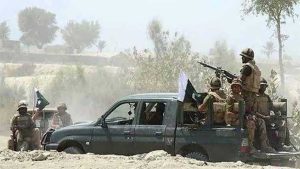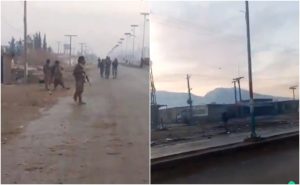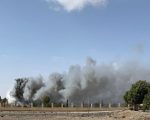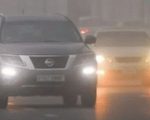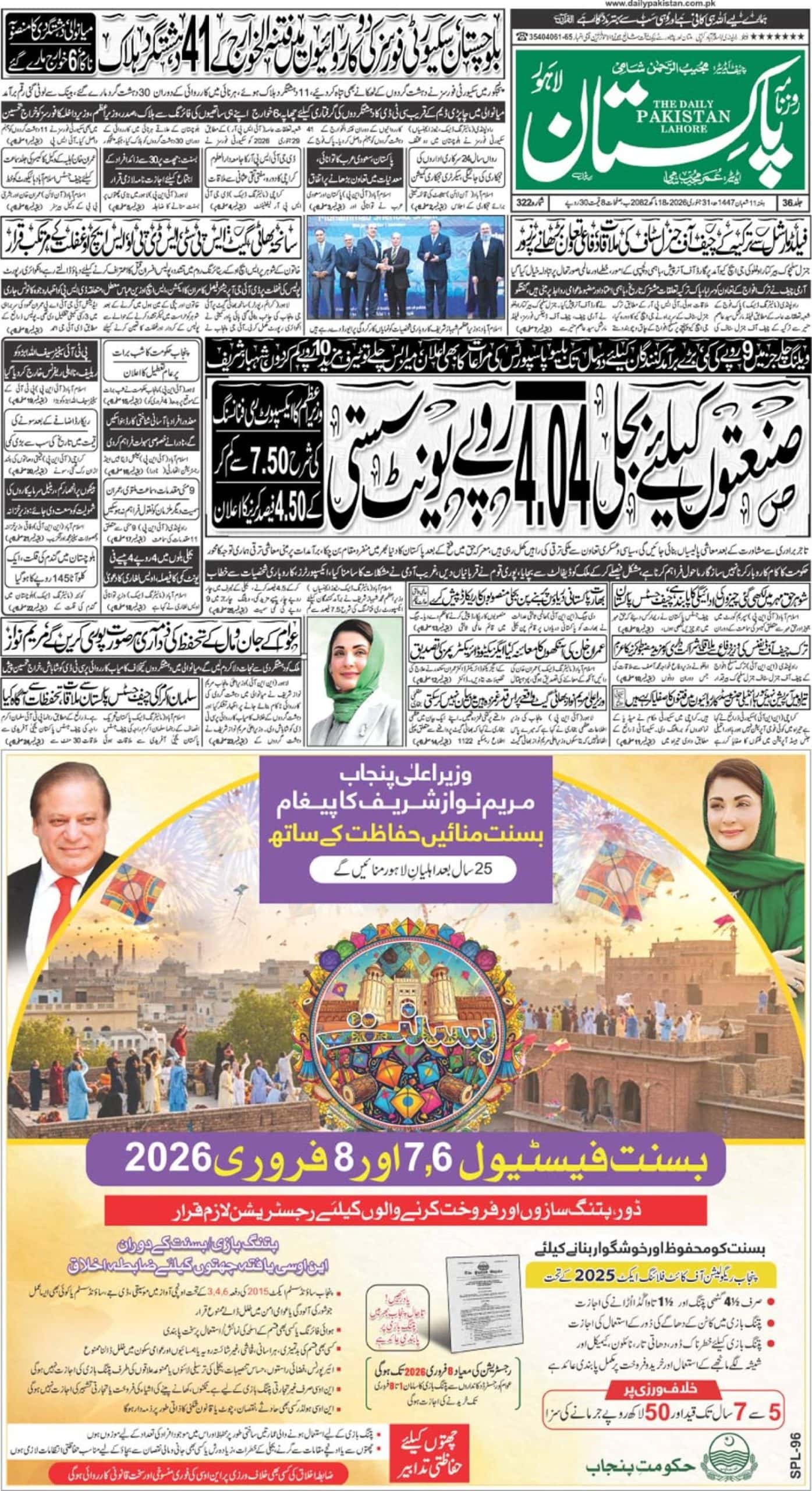WASHINGTON – The Pentagon has once again blamed Islamabad for the Afghanistan situation.
Speaking to media on Monday, Pentagon Spokesperson John Kirby stressed on the neighbours of Afghanistan to refrain from actions that jeopardize regional security.
He said US was having a dialogue with Pakistan over the alleged presence of safe havens for terrorists at the Pak-Afghan border, which he said were the sources of instability and insecurity in the region.
He said dialogue was underway with Pakistan on safe havens for militants at the Pak-Afghan border, adding: “Pakistan has also been a major victim of terrorism”.
Expressing the resolve to continue Washington’s support to the Afghan government, the Pentagon spokesperson said the US will continue to provide aerial support to the Afghan Air Force whenever it is needed.
“So, we’re all—we all have a shared sense of—of the importance of closing down those safe havens and—and not allowing them to be used by the Taliban or other terrorist networks to sow discord. And again, we’re having that conversation with the Pakistanis all the time,” Kirby said in response to a question.
47 NADRA employees dismissed for issuing fake identity cards
However, the Pentagon official said the security situation in Afghanistan is “not heading in the right direction”, as reports from Afghanistan say the Taliban have captured six provincial capitals over the past couple of days.
Expressing concern on the current situation in the war-torn country, Kirby said Afghan security forces have the resources required to fight the Afghan Taliban.
He said Afghan security forces have the facilities that the Taliban lack, adding that the country’s security forces have to defend Afghanistan.
“The Afghan government possesses capability and capacity to defend itself,” he said.
“I have the proof that they have a force of over 300,000 soldiers and police. They have a modern air force—an air force, by the way, which we continue to contribute to and to—and to improve. They have modern weaponry; they have—they have an organizational structure. They have a lot of advantages that the Taliban don’t have. Taliban doesn’t have an air force, the Taliban don’t own an airspace, they have a lot of advantages. Now, they have to use those advantages. They have to exert that leadership. And it’s got to come both from a political and from the military side,” Kirby said.


